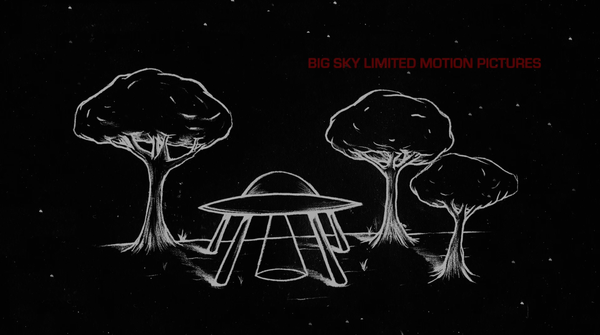
Big Sky Limited film by Andrew Kidman
Purchase and download the film or select the 3-day streaming option.
There’s barely a break in development from Coolum to Cabarita. ‘It's going to look like California one day,’ says the driver. Concrete, industry, brick-veneer, shopping centres, roofs as far as the eye can see.
It was a typical summer Sunday at Warriewood Beach. The midday sun blazed down as the northerly airstream ripped across the surface of the ocean, anointing the air with the coolness of the sea.
It seemed he’d waited hours for this very moment. The man introduced himself as 'Nicko', he considered himself a local to the spot even after driving three hours to get here.
"He swung his board like an axe." This is how a reporter described the groundbreaking style of Australian surfer Nat Young. The year was 1966 and people were beginning to use shorter, lighter boards that made for more agile surfing, which this nineteen-year-old took to their upper limits.
Caleb despised taking the bus because he felt uncomfortable around other human beings. He preferred to walk home and daydream about the things he found in nature than deal with the incessant randomness of personalities.
This ain’t Da Bull at Makaha, Greenough at the Indicator outside the real Rincon. By now the thing is waist high, and I’m surfing it as a furious intermediate—at best.
I looked at the prayer flags. The wind blowing from the mountains flicked them gently. ‘You don't need a weatherman to know which way the wind blows,’* I said to myself.
Wayne Deane sat for this interview with me in 2006. We were working together a bit then: he was glassing, sanding, and making the fins for a small run of surfboards I'd shaped for customers that featured Mark Sutherland's ‘Dream’ artwork.
‘Man, I think Dave's in town... Ank's invited us to hang out for the day.’ I cut him off there and assured him that was a far better plan than punching out 12 hours on the M1.
Riding a pushie around the quiet, suburban streets of the Northern Beaches of Sydney in the early Eighties was a kid’s dream. There were no cops, no helmets, and there was none of the entitlement that comes with today’s giant SUV’s that choke the roadways in Australia.
Blakey called me and said, ‘Joel Parkinson wants to come out and shape a board with you. We want to run it as the lead feature in the design issue. It was early September 2010, and at the time Joel was in physical rehabilitation.
Meet Santiago Martin, an Argentinian mariner, surfer, and artist whose quiver begins with a surf mat and ends with a ship as long as the average city block.
I’d like to dedicate this post to my mate, Kirk Gee, who first published this material. A true believer. Rest in Peace, brother. — Andrew Kidman
There was no music in the house, just the constant hum of the ocean. Their home was built atop a cliff that reared out of the Tasman Sea on the Northern Beaches of Sydney.
Without mobile phones, internet, social media, or surveillance of any kind beyond some grumpy propertied white dude brandishing a rake because we did Berts on his driveway skateboarding down the sidewalk, we were free to be unique, separate, autonomous beings.
Back in 2021, Black Hole Transmissions correspondent Derek Hynd launched Hyndline. HyndLine was to be a series of 30 hand-shaped board models — or codes — representing 30 years of Hynd’s surfing progression from 1973-2003. 10 boards being shaped per code.